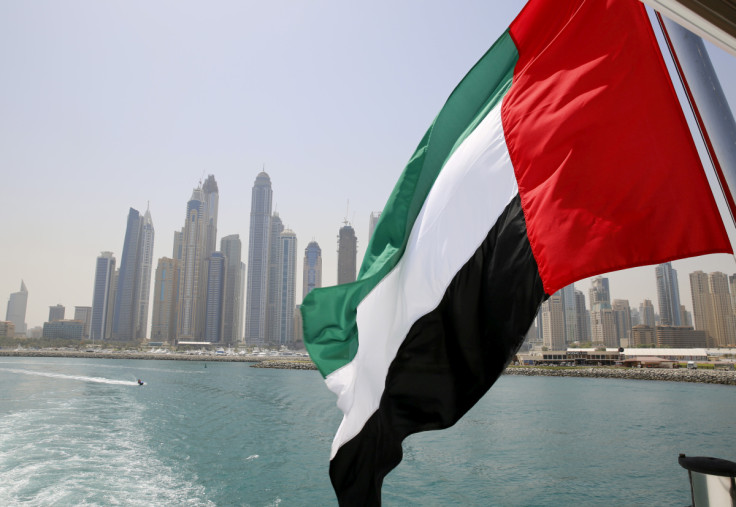UAE Signs $1.9 Billion Deal To Develop At Least 4 Mines In Eastern DR Congo

The United Arab Emirates has entered a $1.9 billion deal to develop at least four mines in the mineral-rich eastern provinces of the Democratic Republic of the Congo (DRC).
Congolese President Felix Tshisekedi's office said Monday that an Emirati government delegation had signed a partnership with state miner Societe Aurifere du Kivu et du Maniema or Sakima.
The agreement would see the "construction of more than 4 industrial mines" in the provinces of South Kivu and Maniema, the president's office said, Al Jazeera reported. The type of minerals that would be extracted were not specified.
The Congolese state-owned mining company Sakima enjoys mining concessions for tin, tantalum, tungsten and gold in the provinces of South Kivu and Maniema. These provinces have also seen decades of suffering and violence due to armed groups.
Eastern DRC has more than 100 militia groups that partly sustain themselves through the illicit mining trade. The mining sector in DRC reportedly sees a loss of millions of dollars in tax revenue due to smuggling, annually.
The DRC said the four new mines, expected to come out of the deal with the UAE, could curb the smuggling of minerals and also enhance the livelihood of locals.
The plan for the four mines comes months after DRC signed an agreement with UAE firm Primera Grou, giving the latter exclusive rights to export artisanally mined ores at preferential rates for 25 years. The deal allowed the UAE company to export artisanally-mined gold at an exclusive preferential rate of 0.25% and artisan coltan and tin, tantalum and tungsten (3T) at an exclusive tax rate of 3.5%.
The deal, signed in December and made public in June, was portrayed as a way of cleaning up DRC's informal or artisanal mining sector. However, some analysts had concerns over the exclusive rates in the deal.
"A monopoly on the export of all artisanally-mined gold and 3T minerals, for 25 years ... raises great concerns about fairness," said Jean Claude Mputu, spokesperson for the watchdog "Le Congo n'est pas a vendre" (Congo is not for sale).
The UAE, which has undergone a massive shift in the post-fossil fuels era, has adapted its foreign policy to foster better bilateral trade agreements with global partners.
UAE's Minister of Economy Abdulla bin Touq Al Marri told Reuters in March that the country's economy expanded by 7.6% last year.
The country also aims at doubling the size of its economy by 2031 and also wants to steer away from hydrocarbons.
"In order to do that, we need 7% GDP growth every year," the senior official said. "This will come in with all the strategies we have put in place: the impact of the trade agreements, the openness to trade...the aspects of investments seen recently, into the energy transition, for instance, into green hydrogen."
© Copyright IBTimes 2024. All rights reserved.





















